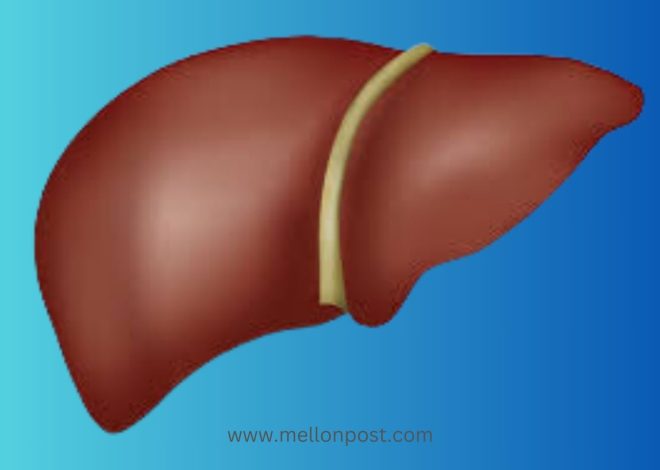
Creating A Personalized Diet Plan: What you need to know
Creating a personalized diet plan can be a daunting task, but it is essential for achieving optimal health and reaching your fitness goals.
In this article, I will discuss the key factors to consider when creating a personalized diet plan, and provide tips and resources for getting started.
The first step in creating a personalized diet plan is to determine your individual nutritional needs.
Determine your Nutritional needs
This will take into account factors such as your age, gender, weight, height, activity level, and any medical conditions or food allergies you may have.
You should consult a registered dietitian or nutritionist who can help you assess your needs and create a plan that is tailored to you.
Once you have a general idea of your nutritional needs, you should start to think about your goals.
Are you trying to lose weight, gain muscle, or simply maintain your current weight?
Your goals will determine the number of calories you need to consume each day and the balance of macronutrients (proteins, carbohydrates, and fats) that is right for you.
Next, you will want to consider your preferences and lifestyle.
- What types of food do you enjoy?
- What are your time constraints?
- Do you have any dietary restrictions?
Create a sustainable diet plan
Creating a plan that is sustainable for you is important for long-term success.
This can include finding healthy alternatives for your favorite foods, planning meals and snacks in advance, and being realistic about how much time you can devote to cooking and meal prep.
Another important aspect to consider when creating a personalized diet plan is portion control.
Overeating can lead to weight gain and other health problems, even if you are eating healthy foods. Using measuring cups, a food scale, or even your hand as a guide can help you keep track of how much you are consuming.
In addition to considering these basic factors, it is also important to include a variety of nutrient-dense foods in your diet. This includes vegetables, fruits, and whole grains.

These foods provide essential vitamins, minerals, and antioxidants that help keep our bodies functioning properly and reduce the risk of chronic diseases.
Also read: Chronic Diseases Causes, Preventions, and Management
Finally, it’s important to be patient with yourself and remember that creating a personalized diet plan is an ongoing process.
It may take some trial and error to find what works for you, and you may need to make adjustments along the way.
Keep in mind that setbacks and slip-ups are a normal part of the journey and don’t give up!
To sum up, creating a personalized diet plan is essential for optimal health and reaching fitness goals. It takes into account your individual nutritional needs, goals, preferences, and lifestyle.
By including a variety of nutrient-dense foods and controlling portions, you can create a sustainable plan that fits your lifestyle and also helps in reducing the risk of chronic diseases.
Above all, be patient with yourself and remember that this is an ongoing process.
Remember, before starting any new dietary program, consult a registered dietitian or nutritionist to be sure that the plan is safe and appropriate for you.
Continue reading: Top 10 Natural Remedies For Common Ailments



2 thoughts on “Creating A Personalized Diet Plan: What you need to know”
Comments are closed.